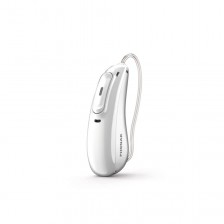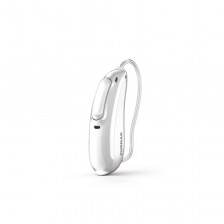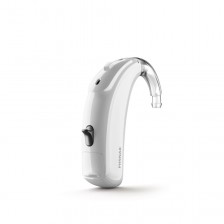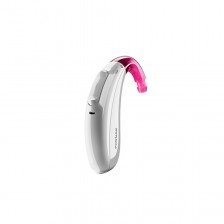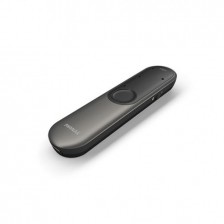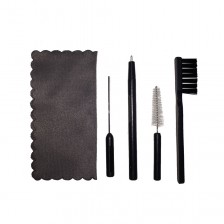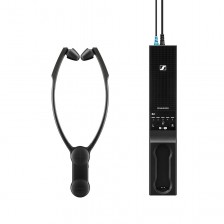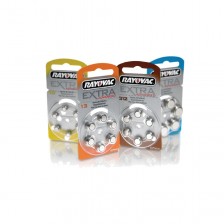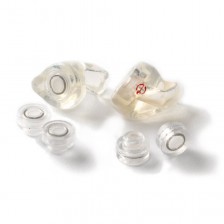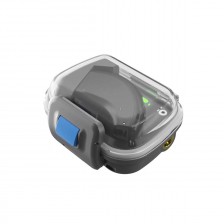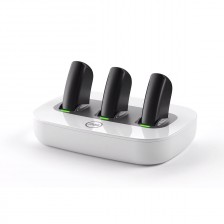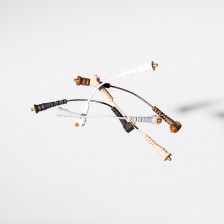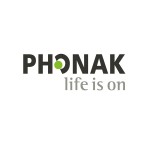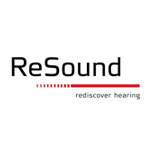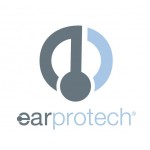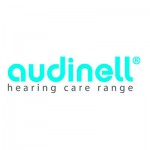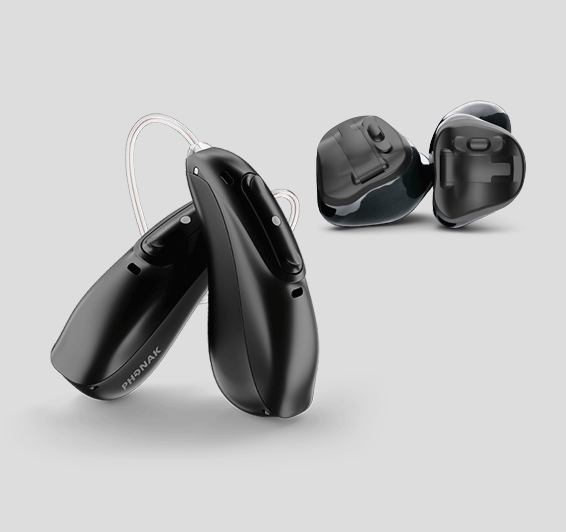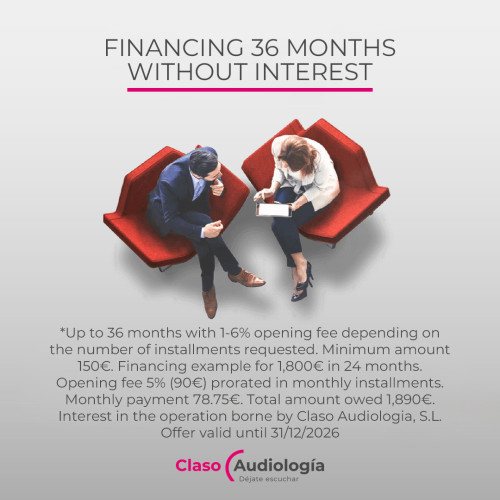What are the best hearing aids?


The world of hearing aids is vast and can be confusing at times, especially if you are a first-time user. There are a lot of different brands, many different models… In this inmense wave of names, many users end up wondering “what are the best hearing aids?”. Beyond the fact that each audiologist may have a preferred brand or model according to her criteria, the reality is that this question does not have an easy answer precisely because it is poorly posed. Really, the question one should ask is "what are the best hearing aids FOR ME?"
Each one of us is unique
Audiologists must evaluate each case in a totally individualized way since each person has a unique hearing. On the one hand, hearing losses can be very different from one another. On the other hand, each person can find themselves in very specific sound environments. You can visit an audiological center with audiological and practical needs that have nothing to do with those of the patient who has left the same office just before you. Even having the same degree of loss. Therefore, this disparity of cases means that there is no easy and absolute answer to the question in the title of this post. Really, each person must find THEIR best hearing aid.
How do I find my best hearing aid?
As we said at the beginning, the market of hearing aids is very extensive and, the truth is, it is very difficult for a user to find the ideal hearing aid for him or herself. To do this, you need an audiologist to advise, guide and help you. Audiologists can identify what your loss is like and what real hearing needs you have. In addition, we are continuously informing ourselves about the available models as well as the new technologies that are being incorporated into the hearing aid market. Therefore, we have the information that allows us to combine both aspects and indicate the type of hearing aid and the level of technology that can best help you specifically for your loss.
What does an audiologist evaluate to recommend a hearing aid?
Audiologists perform the sum of several criteria when recommending a hearing aid:

- Hearing loss. This is the most important factor and the one that will mark the importance of the rest of the criteria when recommending a hearing aid. Through the audiological tests we carry out, we can see what grade of hearing loss you have, how it affects you when it comes to understanding speech and the possible reasons that cause it. This data will limit us, to a greater or lesser degree, the formats that adapt to your loss and may also influence the level of performance of the selected hearing aid.
- Physical aspects. There are cases in which your ear itself can limit the format of the hearing aids or force us to make a specific configuration of this. For example, you may have a very narrow canal that does not allow you to use an intracanal hearing aid or have undergone an operation on the ear that means that it needs to be very aerated.
- Sound environments and lifestyle of the user. Depending on the hearing situations in which you usually find yourself, you may need one level or another of benefits within the model that best suits your loss. For example, having a quiet home life is not the same as having a lot of work meetings or being regularly in a noisy environment. These different situations mean that you may need different systems, thus marking the range of the model you need.
- Usability. At this point we include different factors. From the ease of putting on the hearing aid, if you are a person with little mobility in your hands, to whether you prefer a rechargeable or battery-powered model.
- Connectivity. Many times this factor ends up being important when it comes to deciding between several models that could fit your needs. It is quite important to be able to take full advantage of the current possibilities that Bluetooth technology gives us. Watch TV, use them as hands-free with the phone... Not all models can connect with all devices and, when in doubt, this can end up deciding the balance.
- Esthetic. Of course, being the person to wear it, the hearing aid has to look attractive to you when you put it on. There are people who prefer intracanal hearing aids because they are smaller, others want ones that match their hair color ...
By studying all these factors, the audiologist should be able not to recommend the best hearing aid but to help you choose YOUR best hearing aid.
In conclusion, audiologists must not only be good professionals capable of studying your hearing loss, informing you about it and programming your hearing aids in the best possible way. Today, audiologists must also know the hearing aid market perfectly to be excellent prescribers that help you choose the model that best suits your loss and lifestyle. Of course, the purchase decision is always yours but at Claso we can help you make that decision in the simplest and most accurate way possible.
